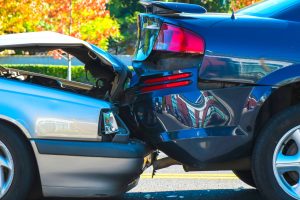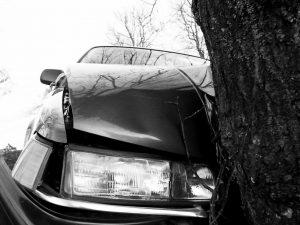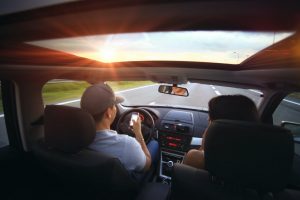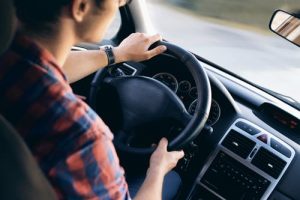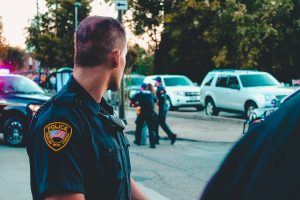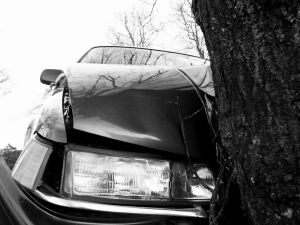On average, there are more than 380,000 Florida car accidents reported annually. If you’re involved in one of them, preserving the possibility of a Fort Lauderdale personal injury claim means knowing not only what to do in the aftermath, but what NOT to do. 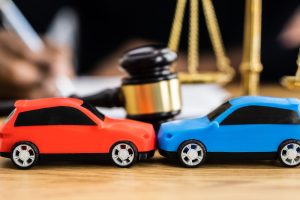
As a longtime Fort Lauderdale car accident lawyer, I’ve sadly seen viable damage claims undermined because the person involved made some missteps early on. And it’s understandable – you’re traumatized, maybe disoriented, and possibly overwhelmed.
That’s why it’s always a good idea to contact a personal injury lawyer as soon as possible after a crash, particularly one that involves serious injuries. We’ll help walk you through every aspect and fight for you to receive full and fair compensation.
Note that while Florida is a no-fault state when it comes to car accidents, that does not mean you’ll only be dealing with your own insurance. If your injuries are serious and the other party was at-fault, there’s a good chance you’ll be able to step outside the no-fault system and file a claim against the at-fault driver’s insurer.
 Broward Injury Lawyer Blog
Broward Injury Lawyer Blog



